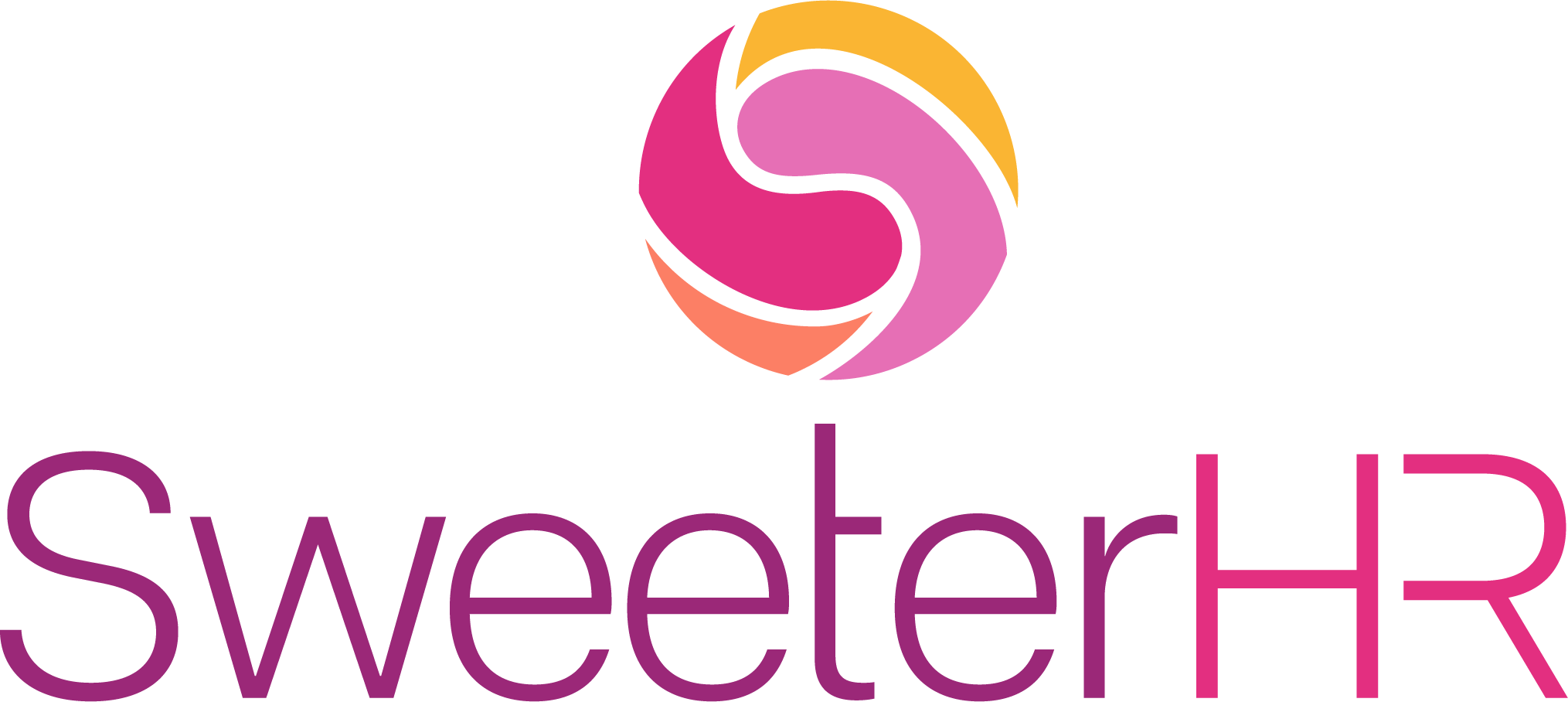On September 30, 2023, California enacted Senate Bill 553 (Cortese), introducing new mandates under California Labor Code section 6401.9, effective July 1, 2024. This legislation compels employers to establish, implement, and maintain a comprehensive written Workplace Violence Prevention Plan (WVPP). Key components of the plan include designating responsible individuals, involving employees and their representatives, addressing reports of workplace violence and prohibiting retaliation, communicating with employees about violence-related matters, responding to emergencies, and conducting effective training. Additionally, the plan must identify, evaluate, and mitigate workplace violence hazards, perform post-incident responses and investigations, and specifically address violence prevention in general industry settings, encompassing non-healthcare environments.
Workplace violence is broadly defined under this law as any act or threat of physical force, use of weapons, or other hostile behavior that occurs at work and could result in injury, psychological trauma, or stress. The legislation categorizes workplace violence into four types, ranging from criminal intent (Type 1) to violence involving personal relationships (Type 4), each presenting unique risks and requiring specific preventative measures. For employers, the law mandates a proactive approach in hazard assessment, incident response, and continuous training to safeguard employees. Compliance also involves detailed record-keeping and reporting of violent incidents to Cal/OSHA, reinforcing the state’s commitment to reducing workplace violence and enhancing employee safety across various industries.
WE HAVE VIOLENCE PREVENTION PLANS! Let us know if you’d like one created for your organization!



